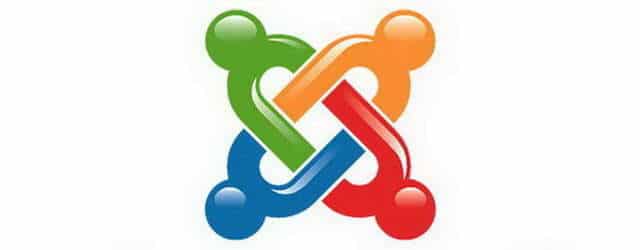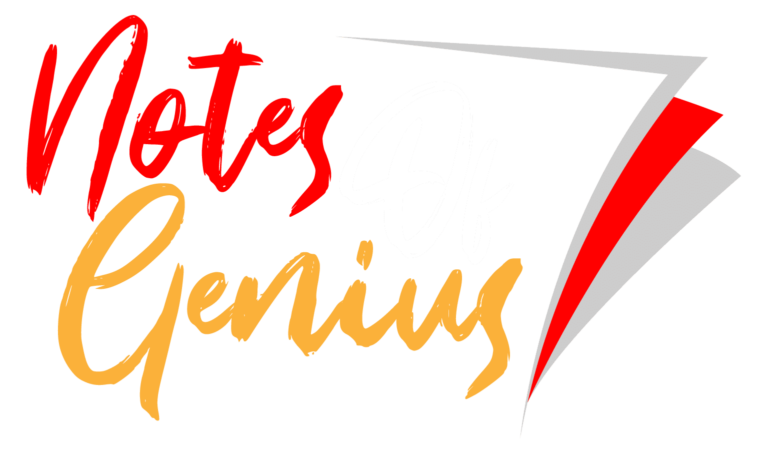Joomla is one of the most famous open-source Content Management Systems. Most of the open-source CMSs are not that rich in functionality. Among them, Joomla gives much than any other. The Joomla framework is written in PHP. It makes users easy to publish the content to the web with the available wide variety of modules. Polls, language internationalization and RSS feed are some of frequently used ones among them. The popularity and the consumer attraction are well showed by the download times within the first year being 2.5 million.

Content Management Systems
A content management system is a tool that can be used to separate the content from presentation. In general, a Content Management System follows three steps. There are designing the end user template, adding the content as text or html to the database and displaying the results to the end user. Increased functionality, being easy to do large-scale changes in a very easy manner and no need of HTML knowledge are the some of the advantages of Content Management Systems. It will be a great option to use a CMS for large, often updating, multiple contributors required and dynamic content included websites.
History Overview
The name Joomla came from the Arabic word jumla which means all together. This was a legalization of the early Content Management System which was known as Mambo. It was trademarked by Miro International Private Limited. Joomla has a very short span of history as a Content Management System. It was first released in the August 2005. Thereafter, day by day it has improved its functionalities and become stronger than the other once.
How It Works
The content is the key in a Content Management System. Therefore the content is displayed with three types. A section is the basic among them which groups a group of content. A set of sections are categorized as a category. Articles hold content like images, text and other content. There is a Media Manager to manage the images like things. Contact is a place to store forms. The user can change colors and the graphics using the website template. In addition, the users are able to use plug-in that will add automated content to the user’s content. The site owner has the full permission to the content and the owner can check them by just adding ‘/Administrator’ to the homepage URL. It contains many more other features like User Manager, Language Manager, Banner Manager, Polls, Search, Web link Management, Syndication and Newsfeed Management, Menu Manager, Template Manager, Integrated help system and web services to provide a top class output to the Joomla consumers.
Advantages And Disadvantages Of Joomla
It is said that Joomla is the most recommended Content Management System for a website that contains large content. It can be described as a fully fledged CMS. The deep levels of navigation make the content well managed and improve the efficiency of the website. The main advantage of Joomla is the free and open source availability.
There are so many disadvantages as well. It has a bigger learning curve when it is compared to other CMS like WordPress. Joomla is not the best option for small sites. It is not at all good with Search Engine Optimization. JavaScript and CSS can get bulky due to the slow loading time and the layout changing is also not that easy when compared to other famous CMSs. Some costly plug-ins for Joomla comes freely with the Content Management Systems like WordPress.
Competitors
There are number of Content Management Systems available in the today’s world. Durphal and WordPress are the most famous ones among them. WordPress is much lighter than the Joomla and it can be a good option for the websites with small content. Durphal is much powerful and flexible when compared to the Joomla. But the numbers of Joomla users are greater than Durphal. The main reason is that it is the easiest CMS to handle websites with large content. In a nutshell, WordPress is the best for the end users, Durphal is the best option for the web developers and Joomla will be the best web designing CMS.
How To Make Joomla More Efficient
One of the major concerns over the other Content Management Systems with Joomla is that the high complexity of operating for the end user. It will be a better implementation if it is possible to reduce the complexity for certain extend. Blogs are the world’s fastest growing type of web pages. Among the Content Management Systems, WordPress is the most popular for blogging. The reason is that it can be updated frequently in an easy manner. It can be great if it is possible to provide two editions of the Joomla CMS. One will be for the high end users and the other one will be for the normal users. The reason is that the normal users can be provided some easy and lightweight tools with them. Most of the good software has several editions. Microsoft products have become that much popular due to the user availability in their own choice. This edition based development is not that often seen in the Open source products. Providing it can do much better for everyone. Another major issue in Joomla is the weaknesses that it has. There are so many security threats and vulnerabilities in it. Therefore the content can be damaged or hacked during the processes of developing.
Consumer Response
There is a rapid growth in the Joomla community since it was released. The latest builtwith statistics shows that it has achieved the third place from the Content Management Systems. In addition, it has had a +0.18% movement from the 4.6% total CMS used websites. Another factor provided to prove the consumer response is that the number of comments and posts appear on the walls of the social networks. With the Video component and the Joomla web services the users and the new trend has attracted to this community.
References
- CMS Usage Statistics. (2010, 05 18). Retrieved 05 27, 2010, from CMS Usage Statistics: http://trends.builtwith.com/cms
- Joomla-Advantages and Disadvantages. (2009, 09 28). Retrieved 05 27, 2010, from slideshare: http://www.slideshare.net/tradocaj/advantages-and-disadvantages-of-joomla
Bookmark





